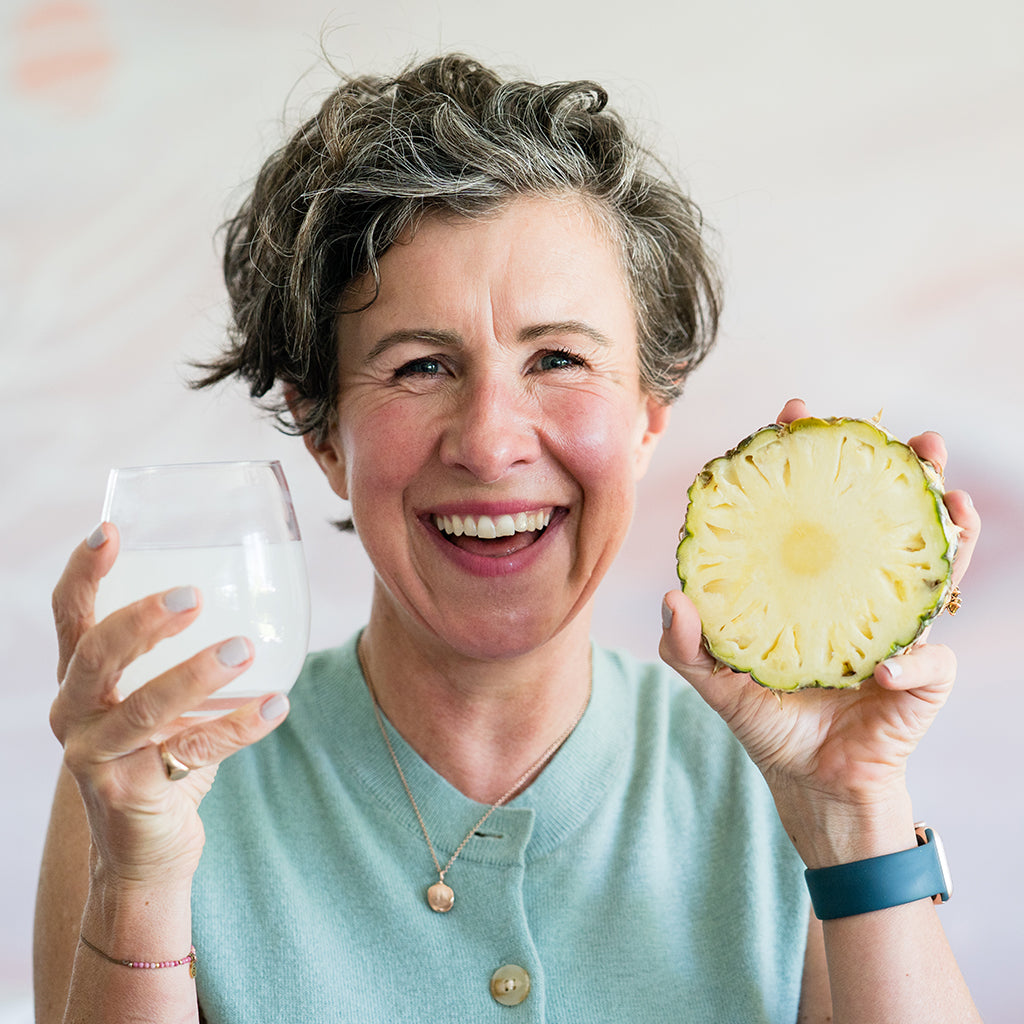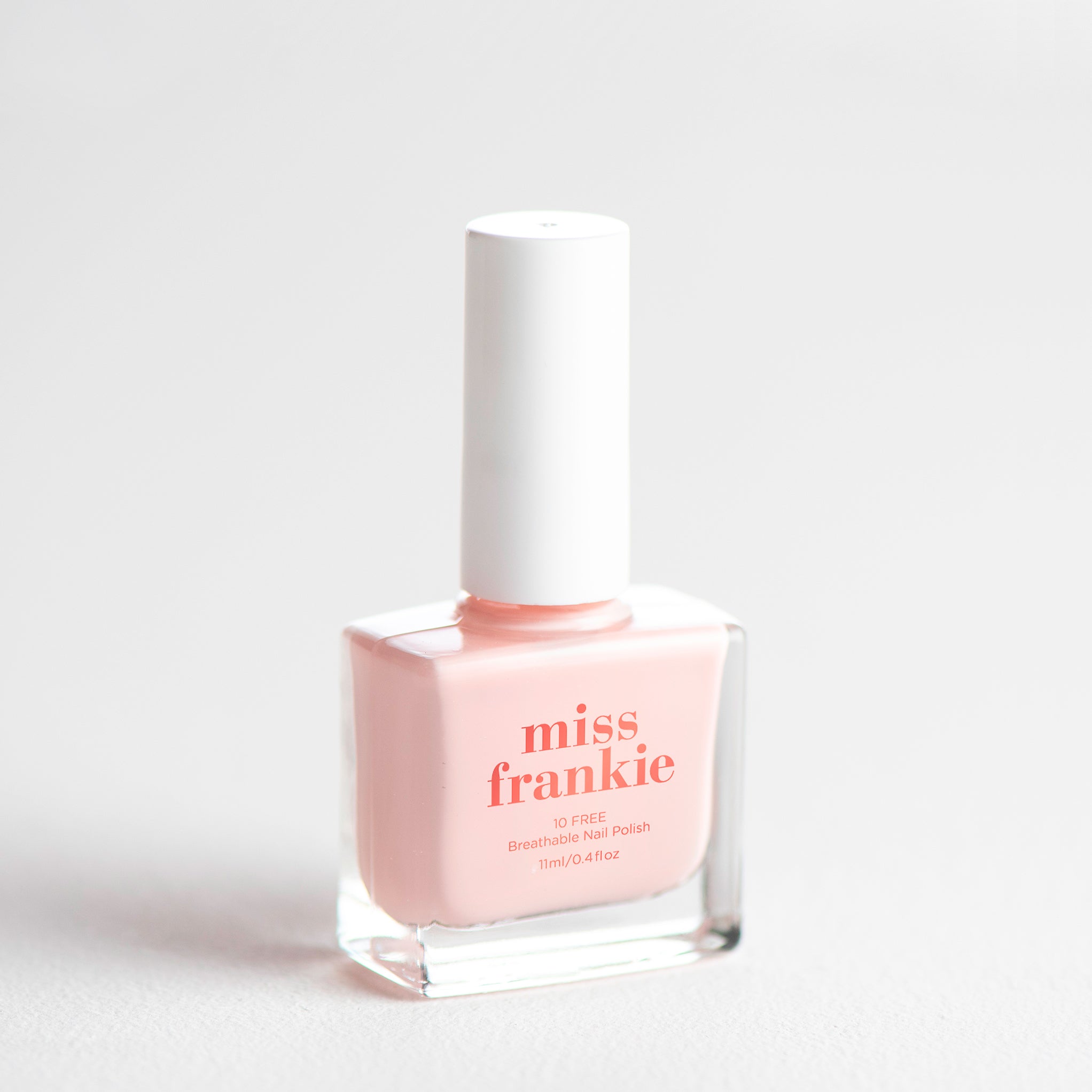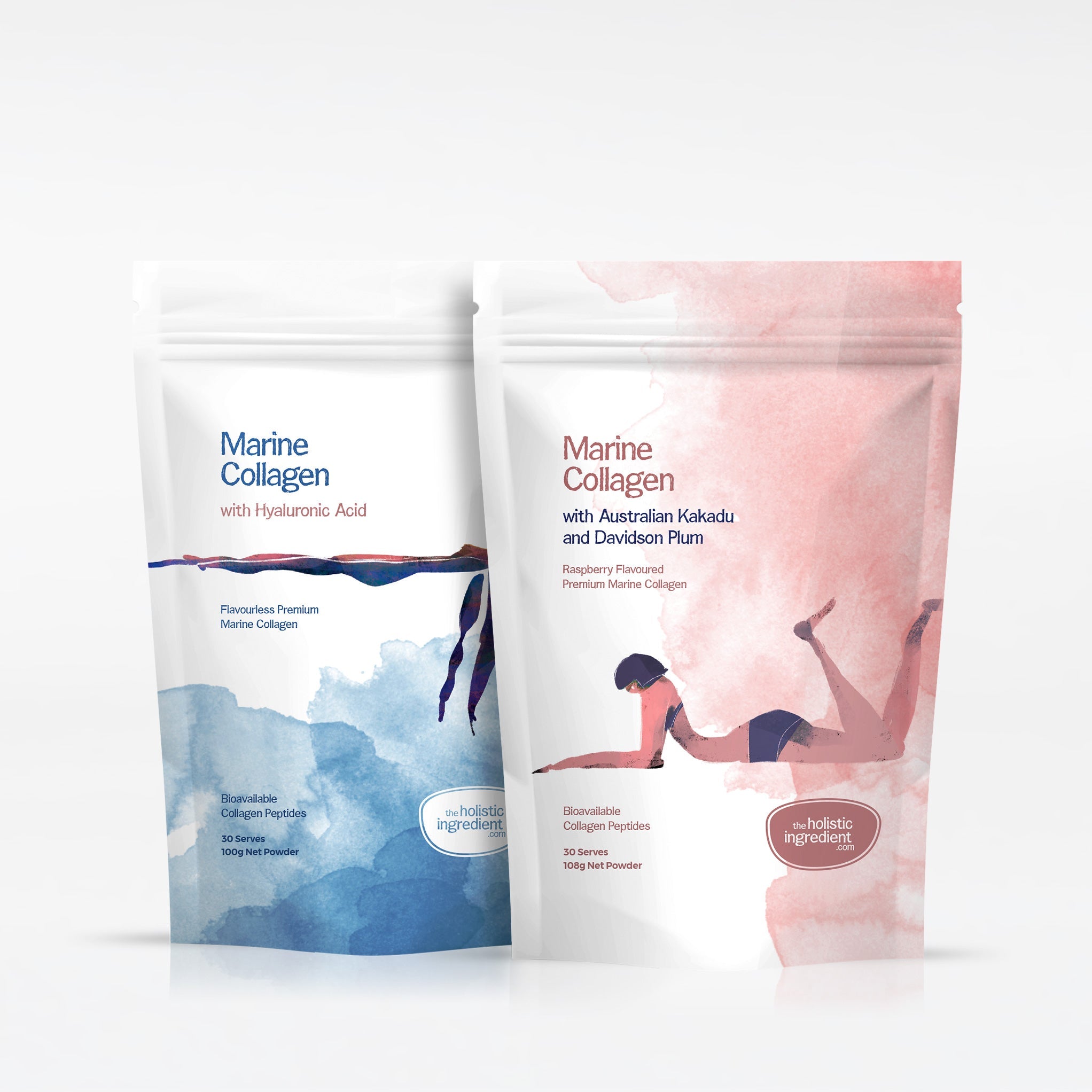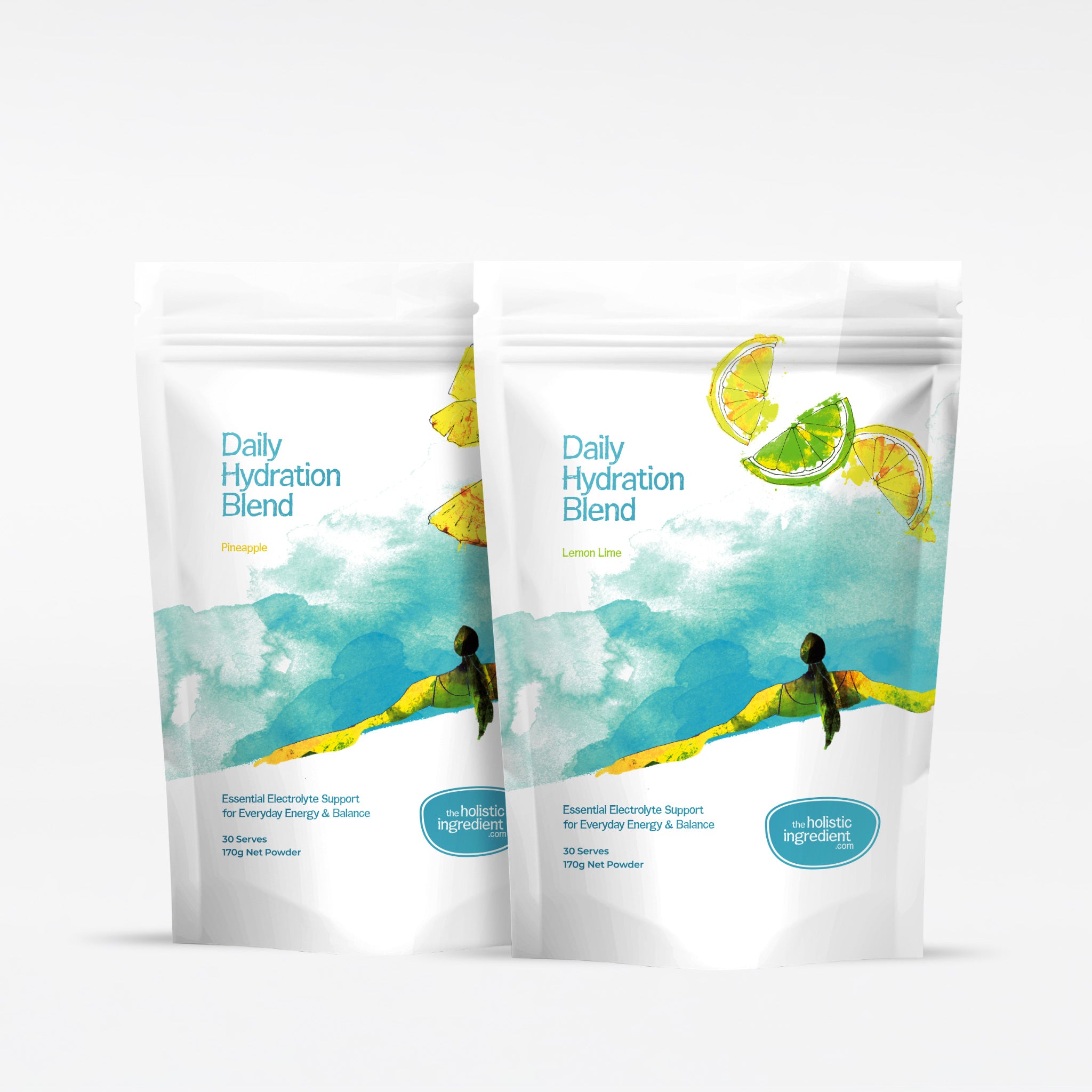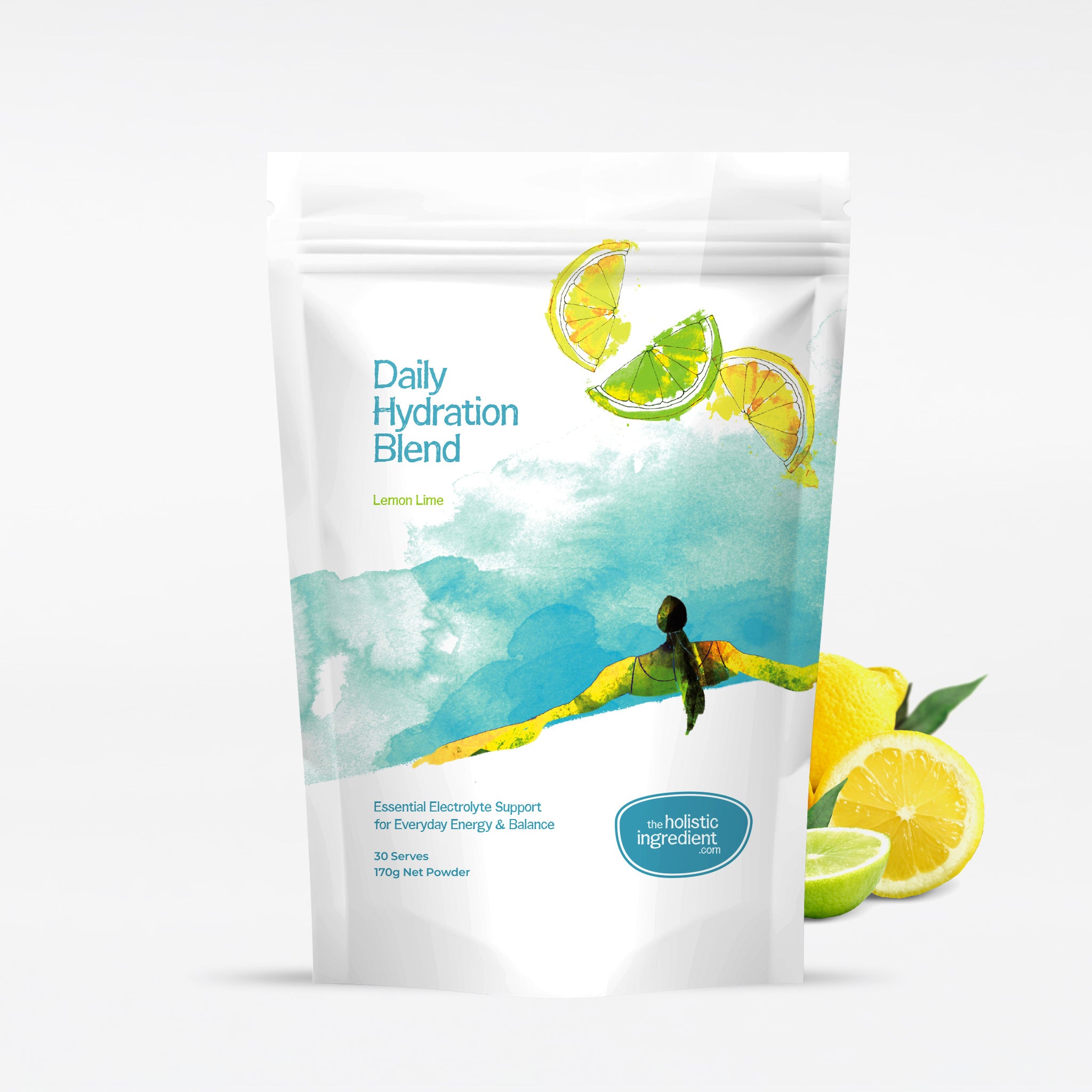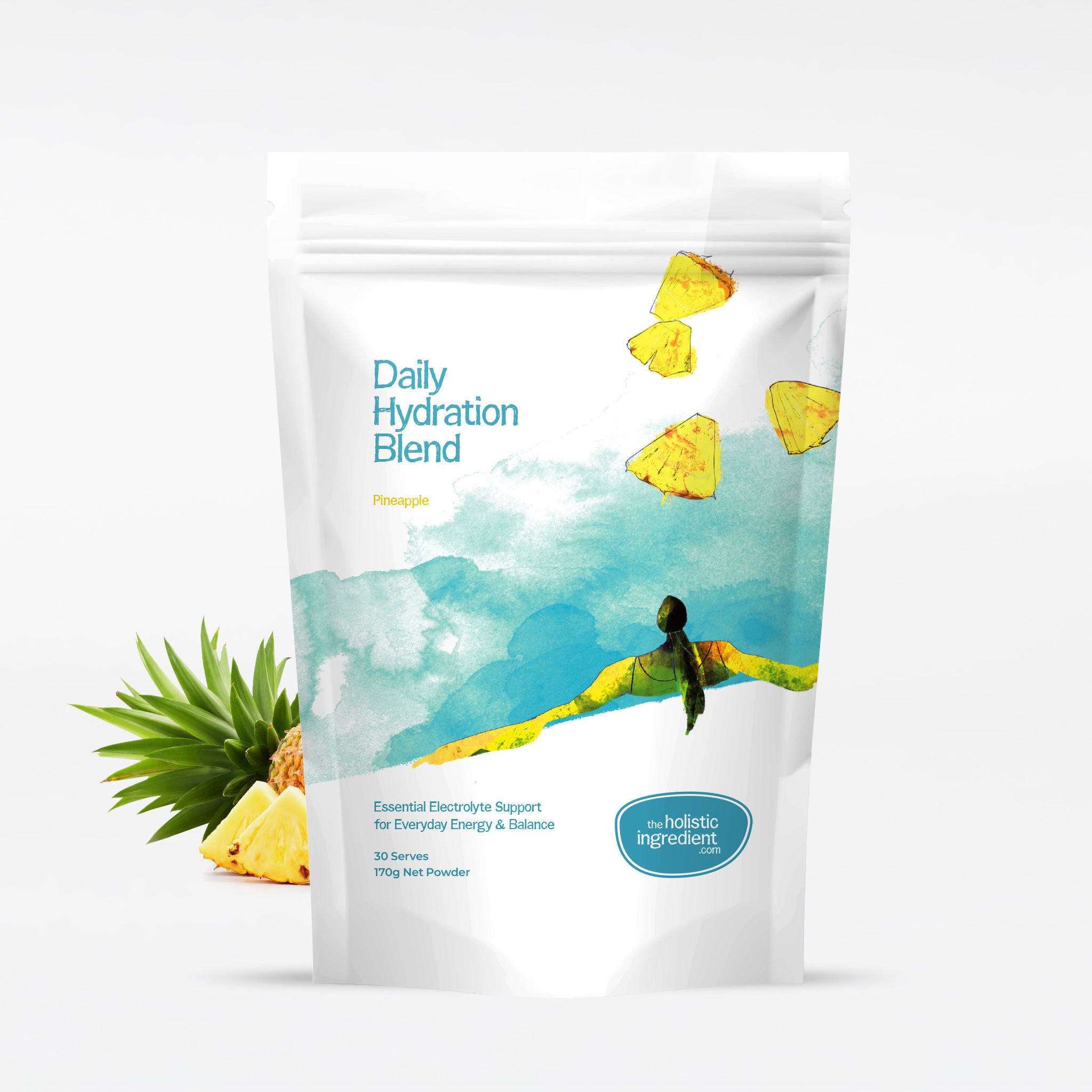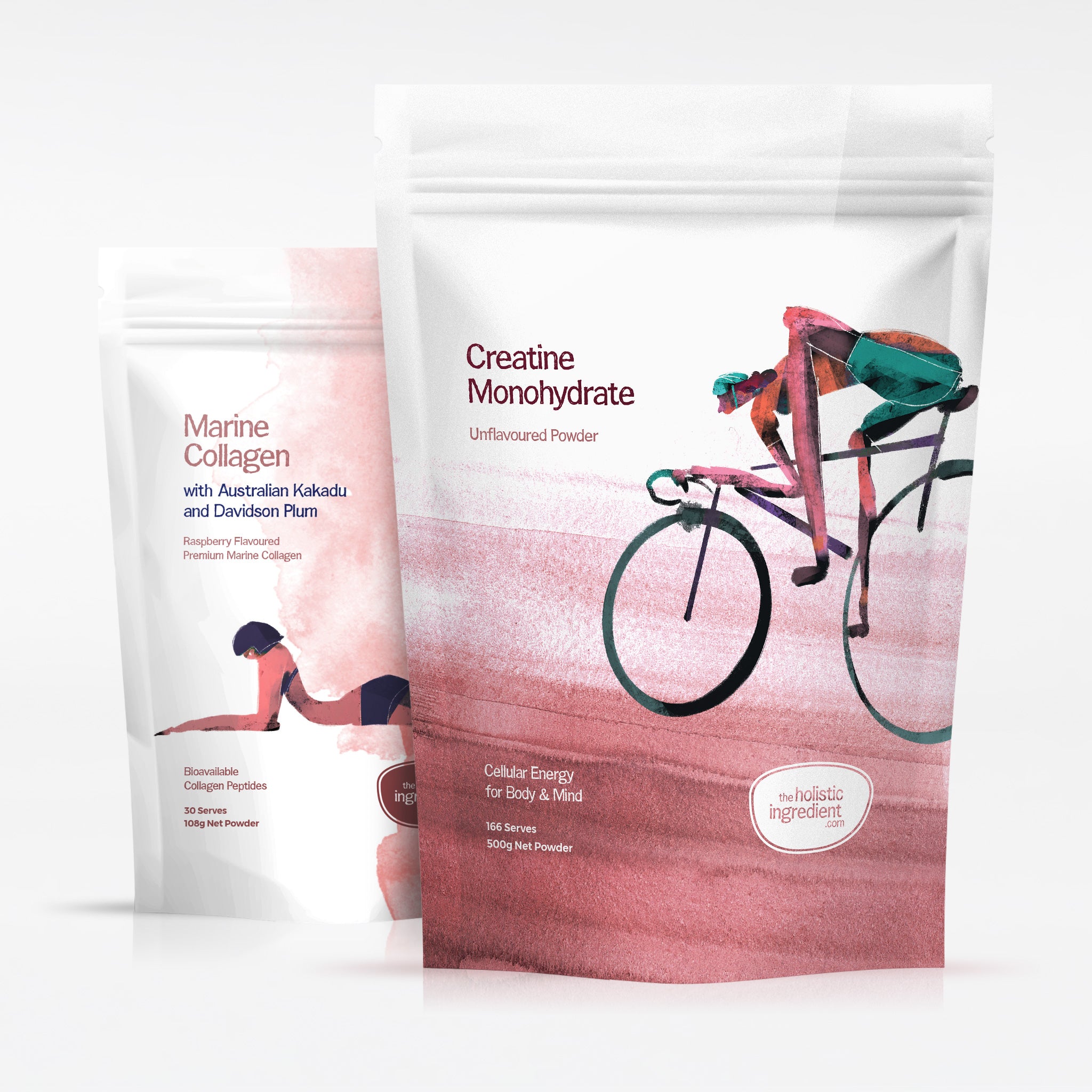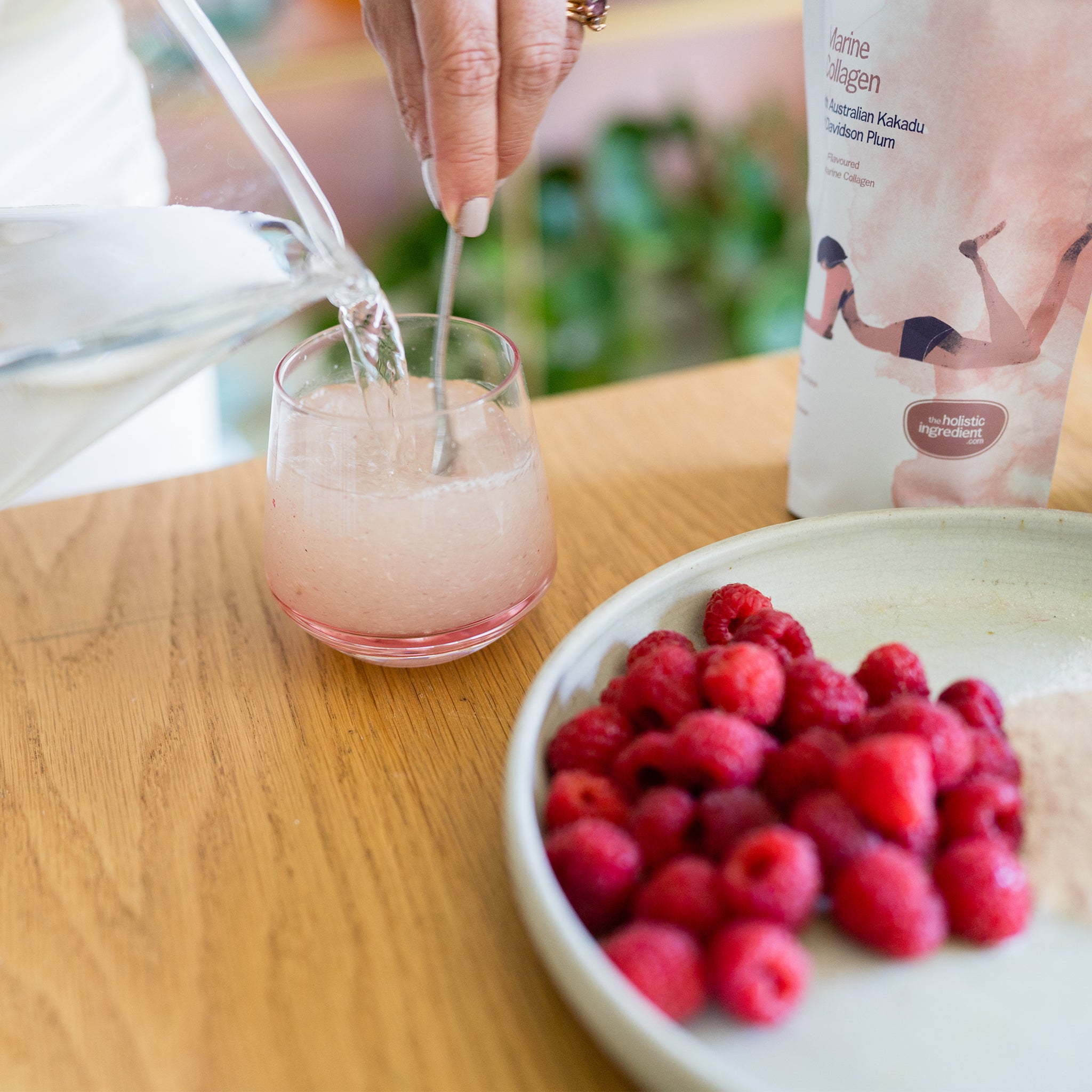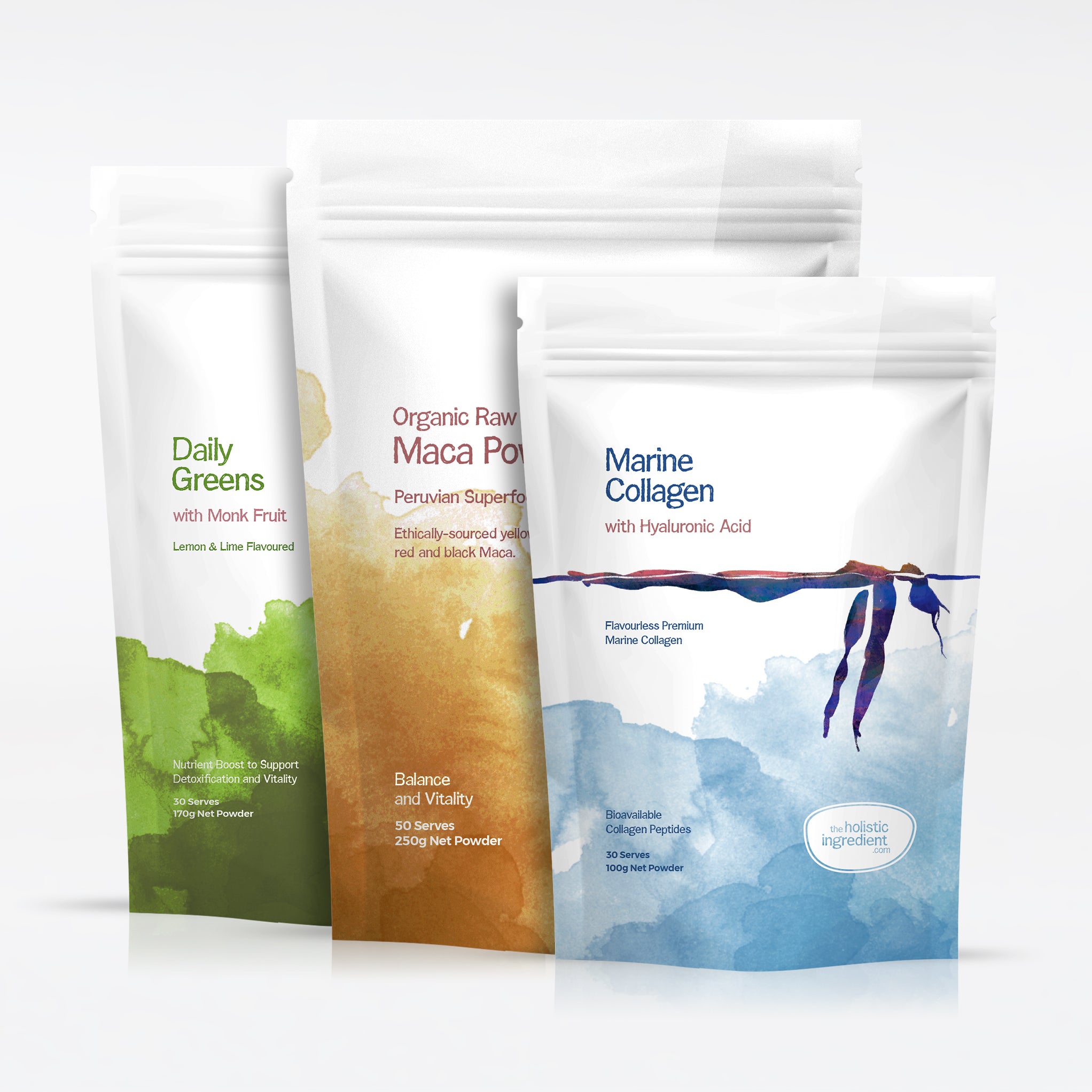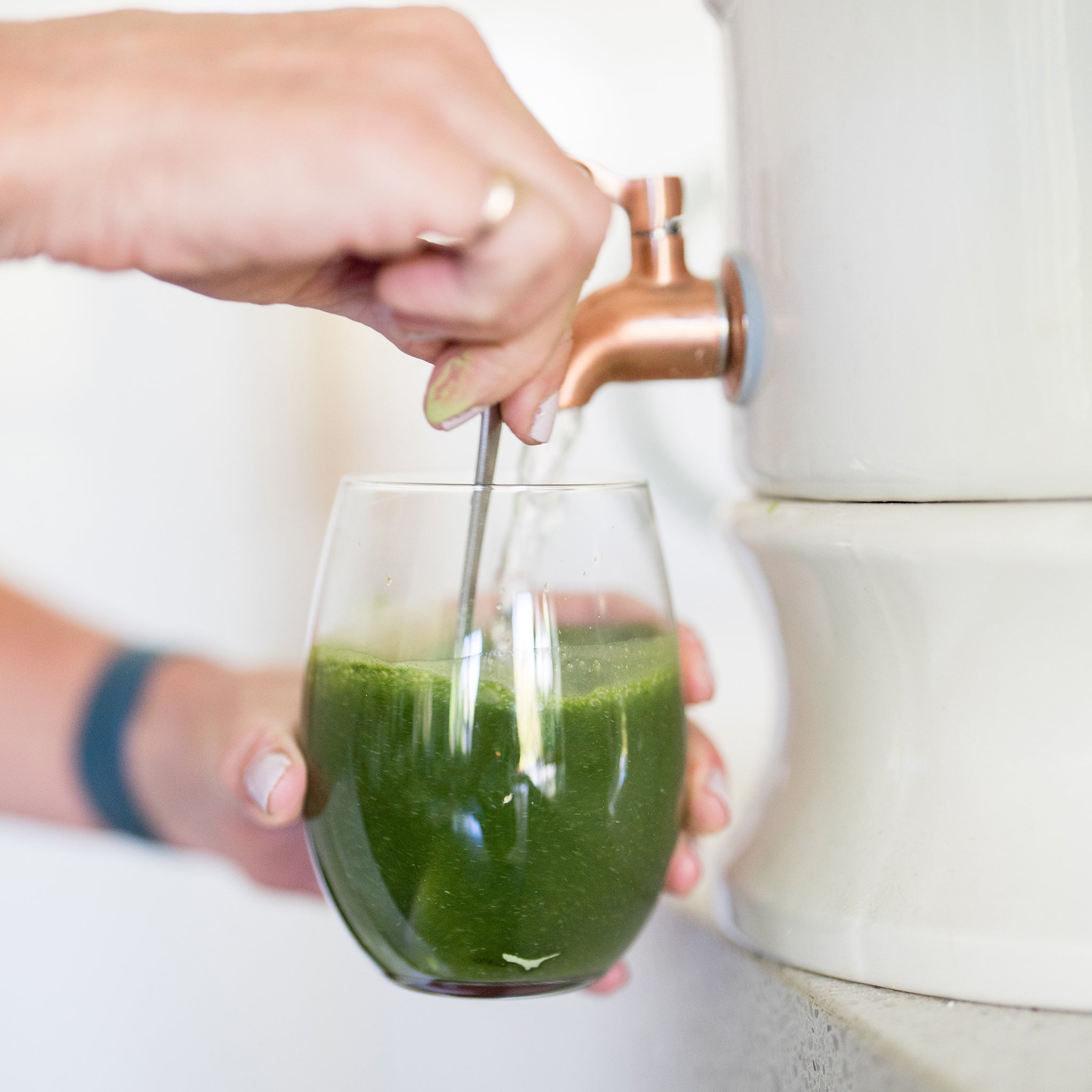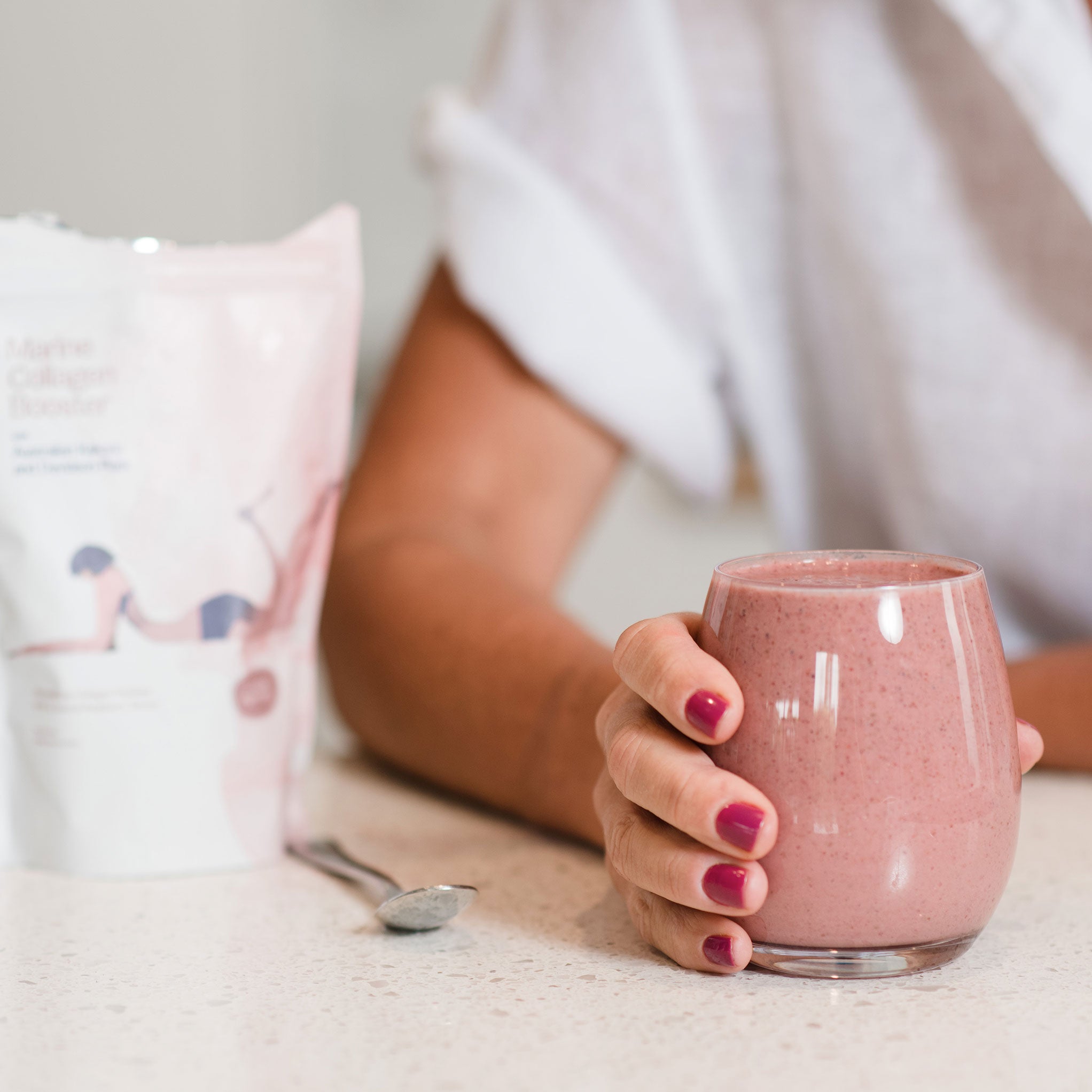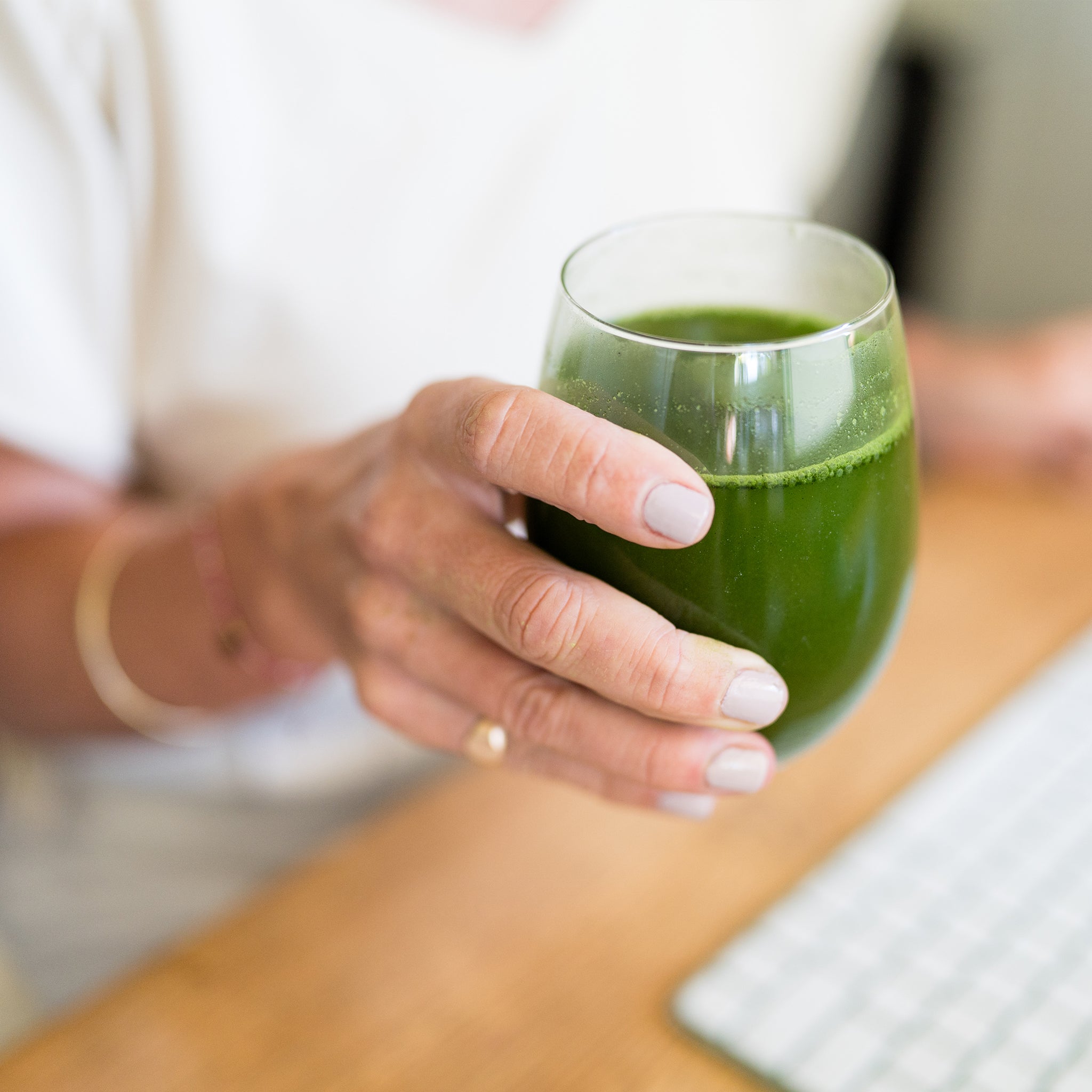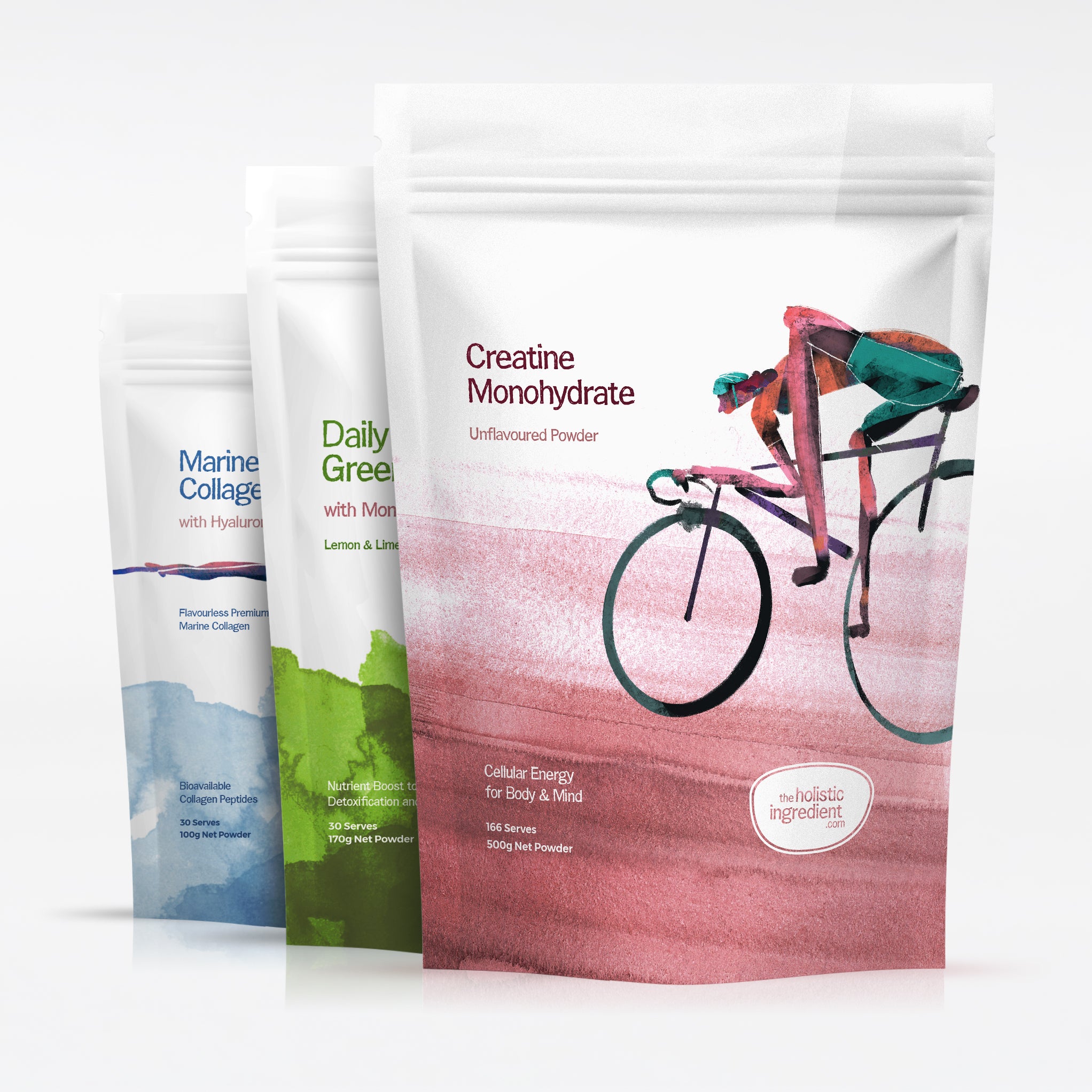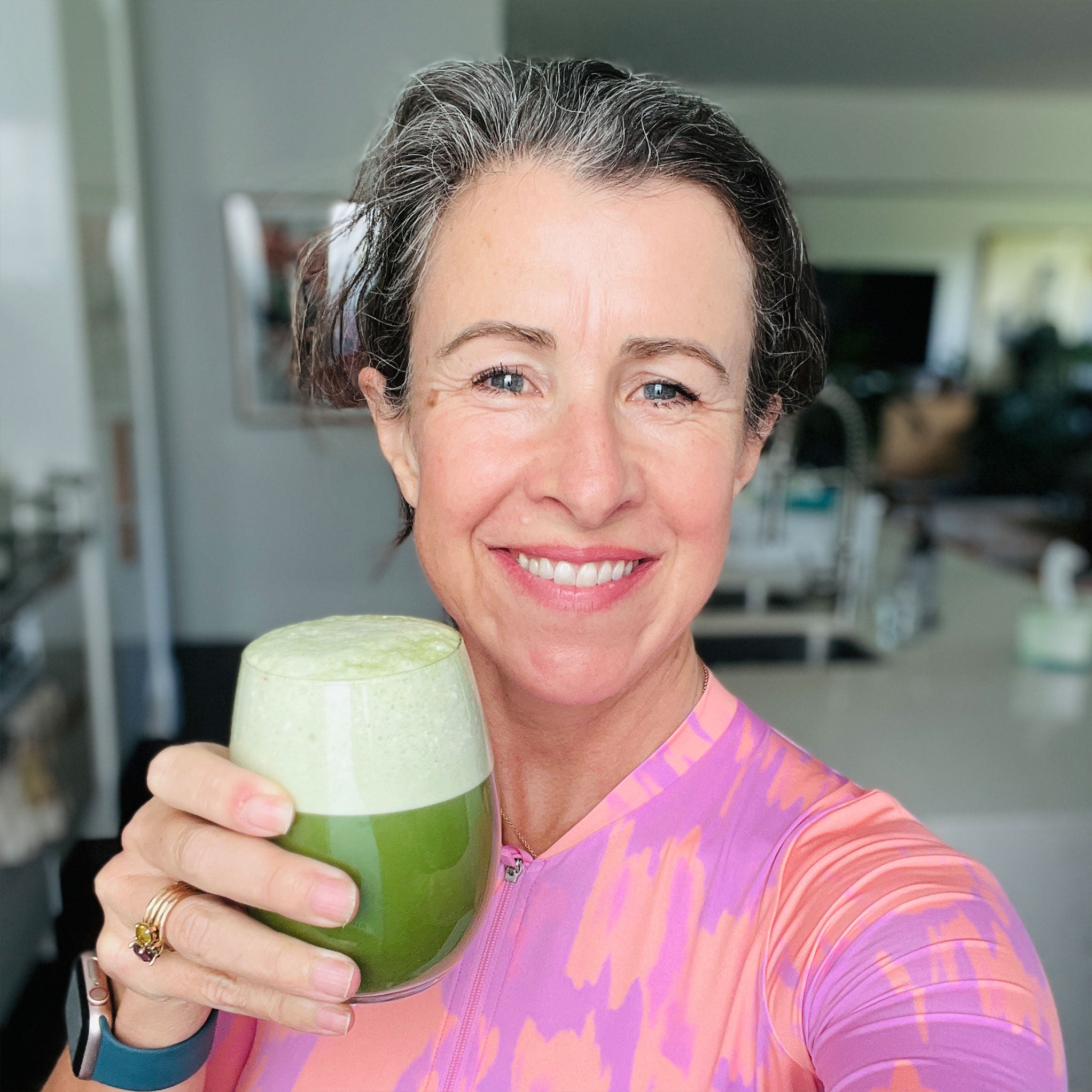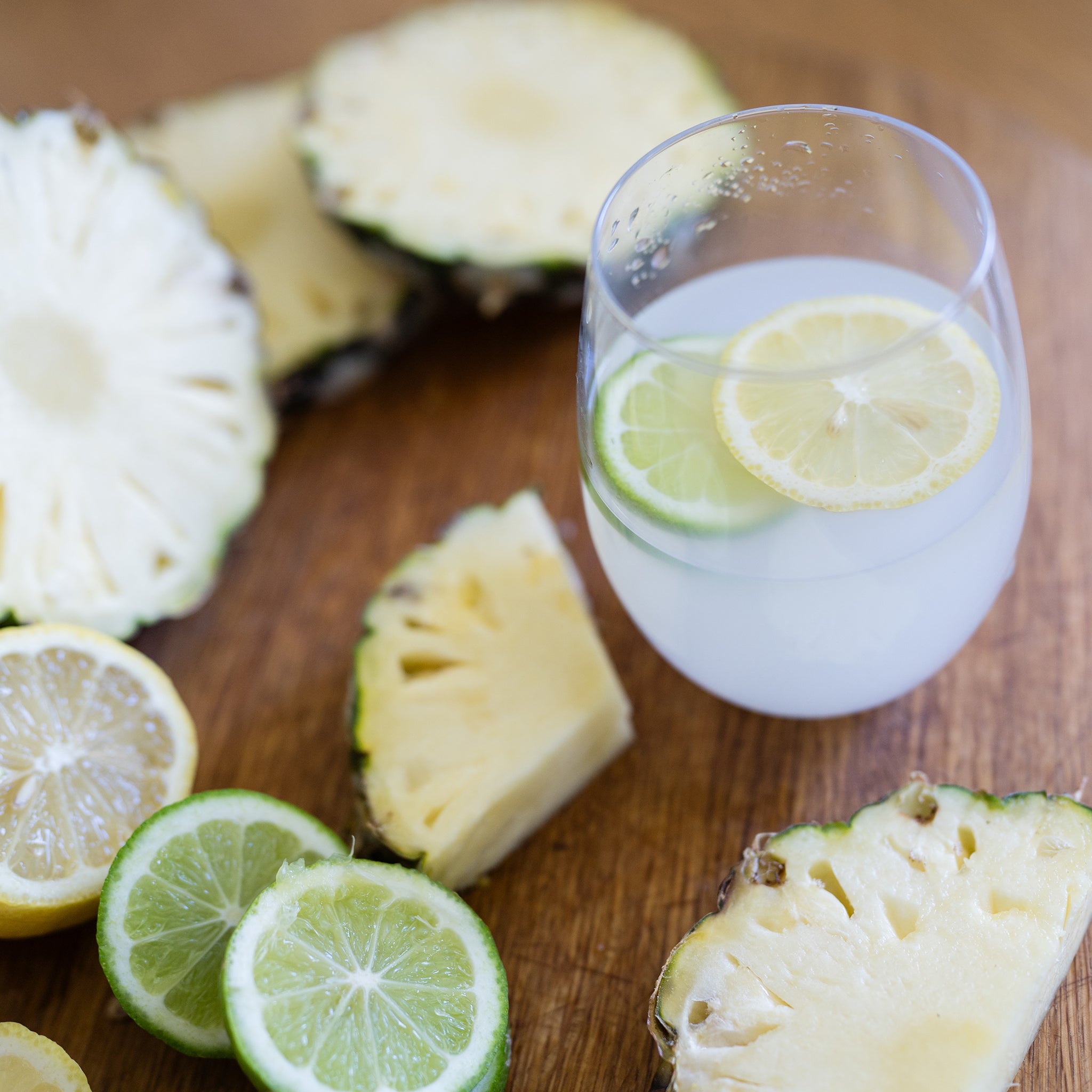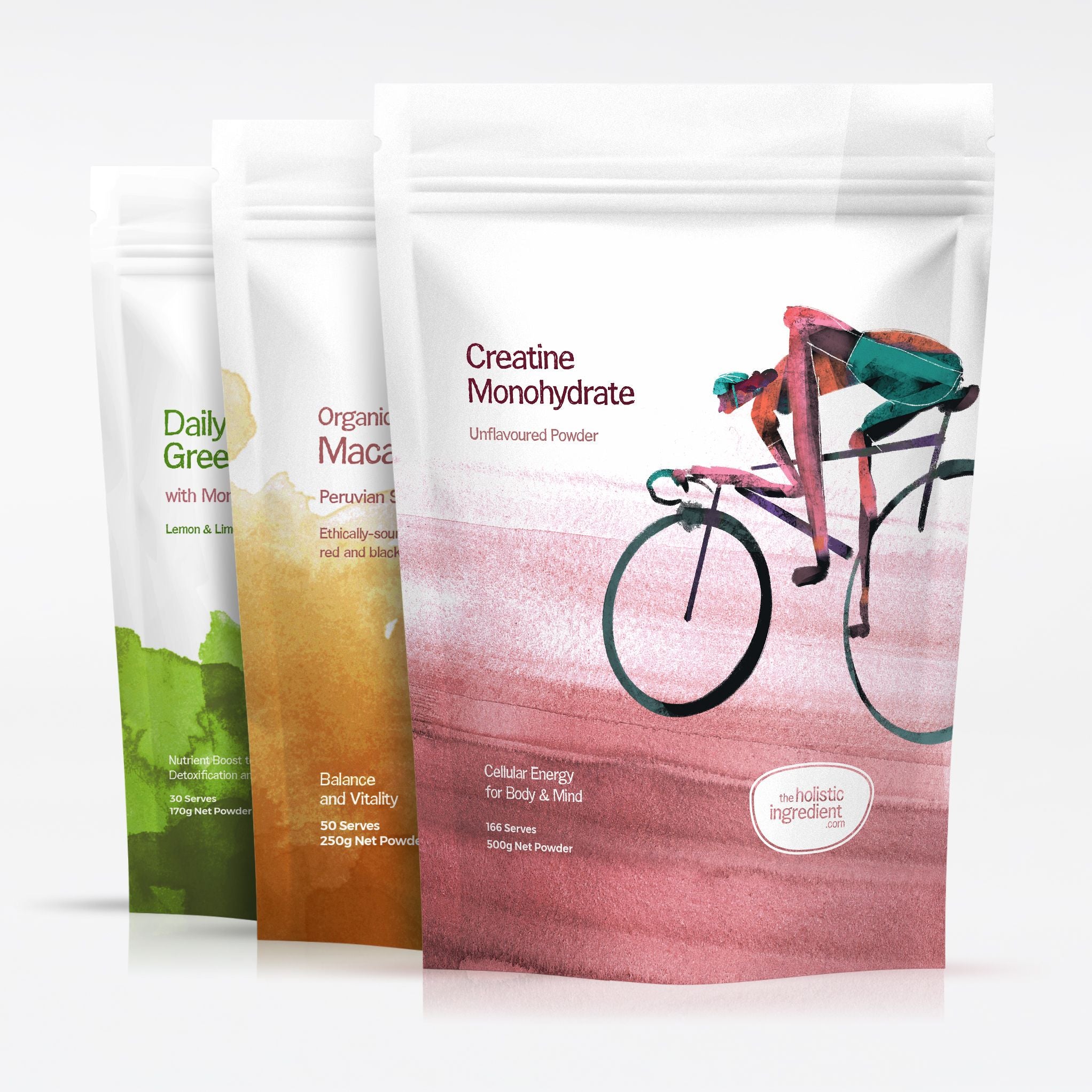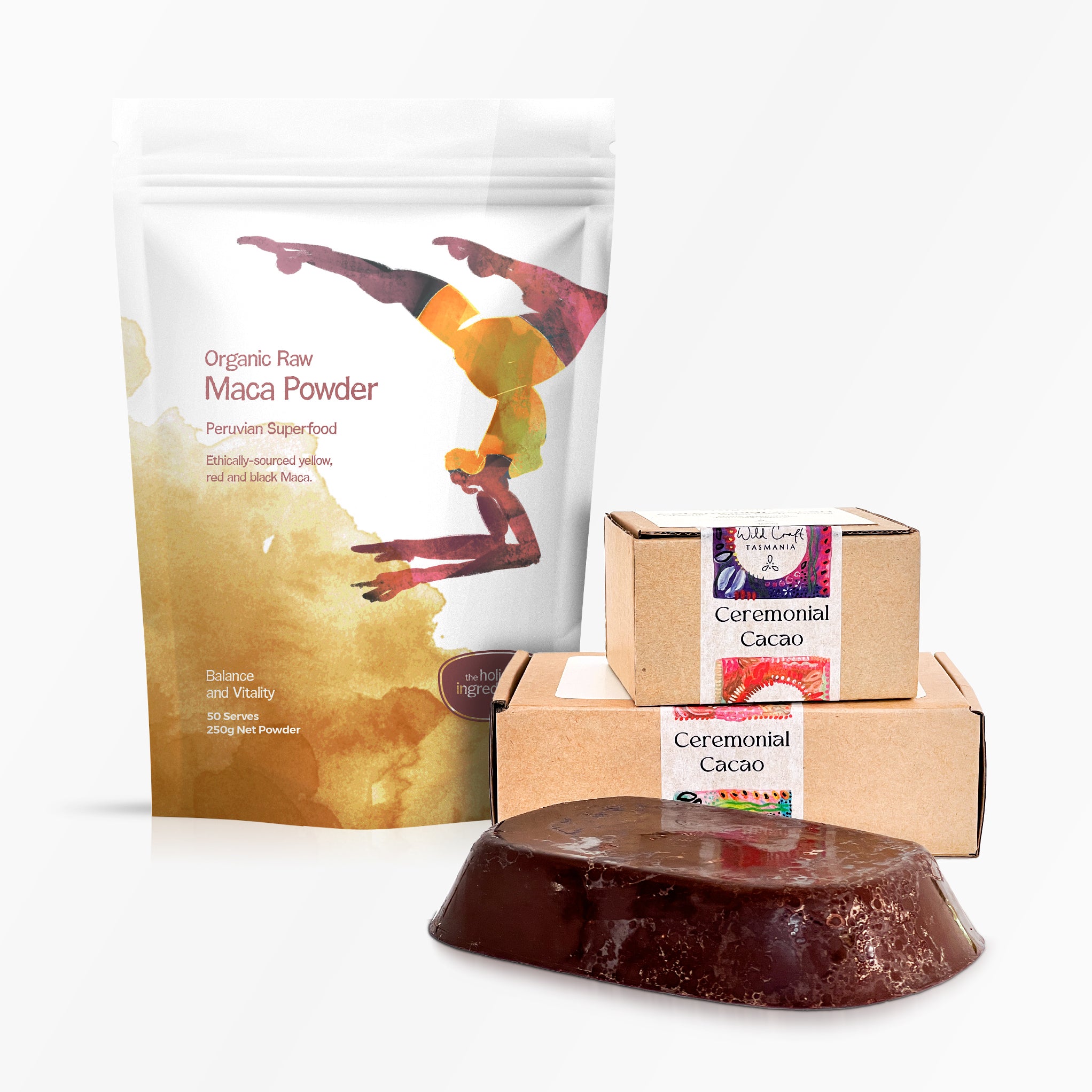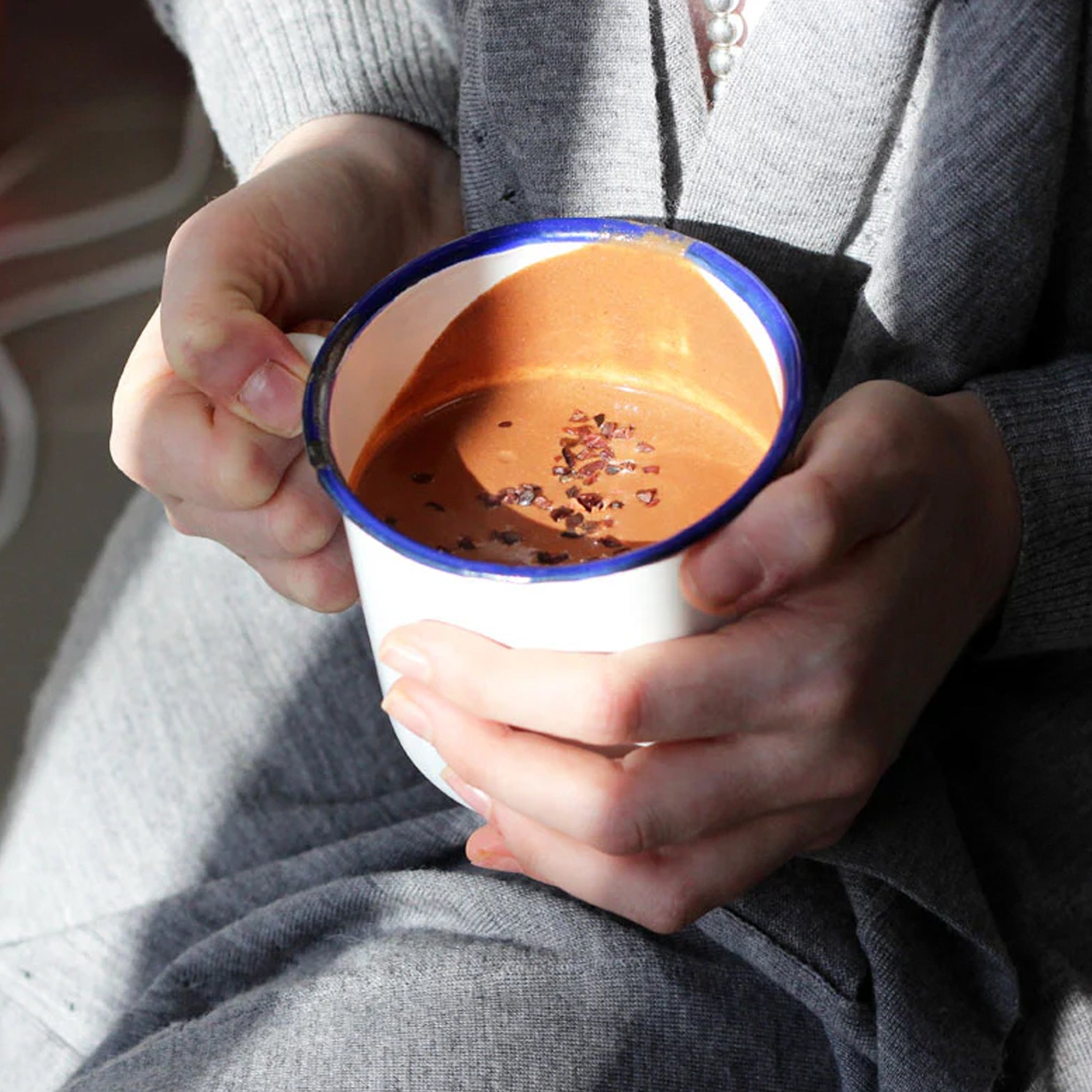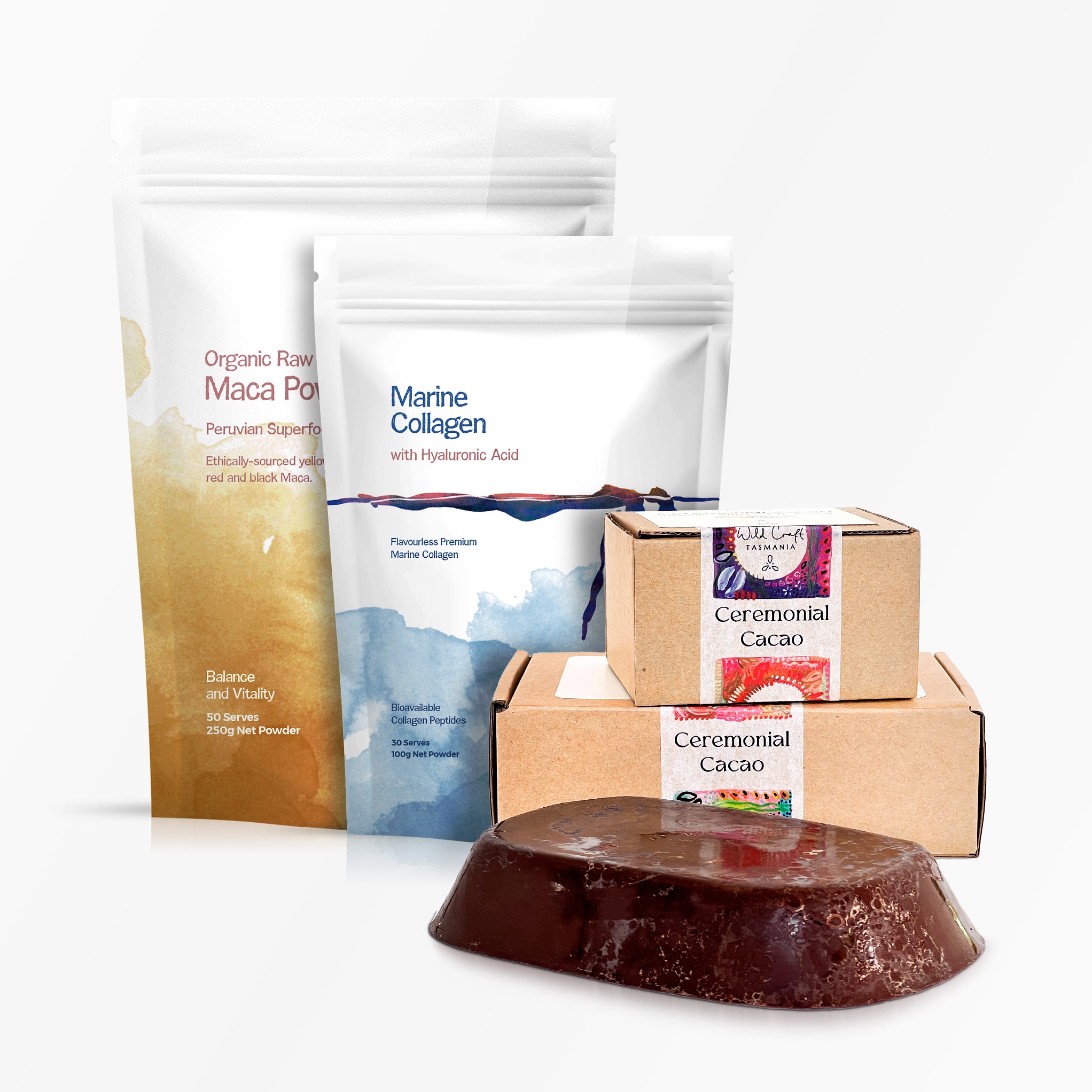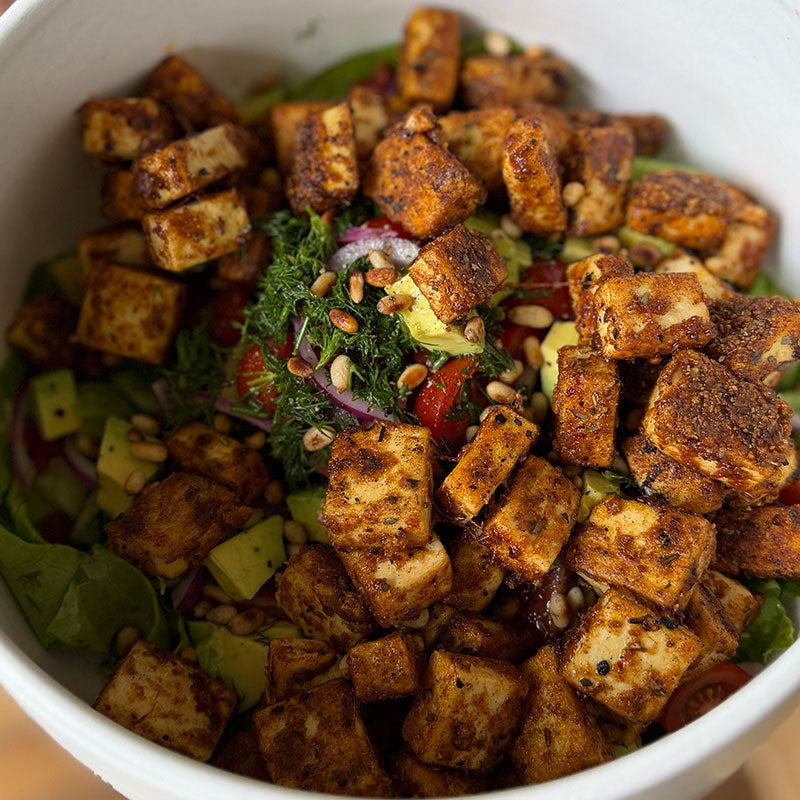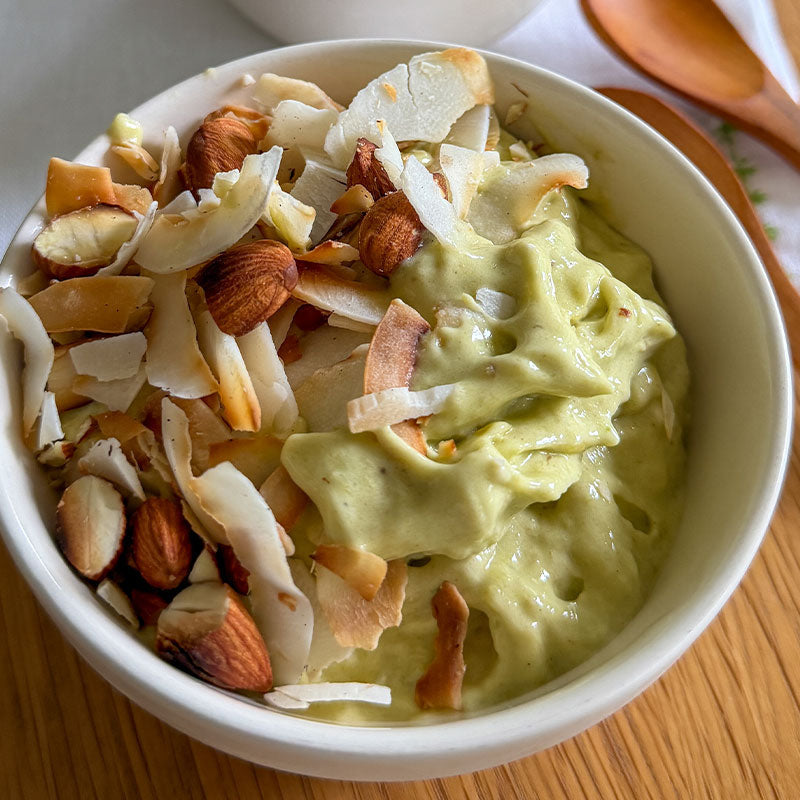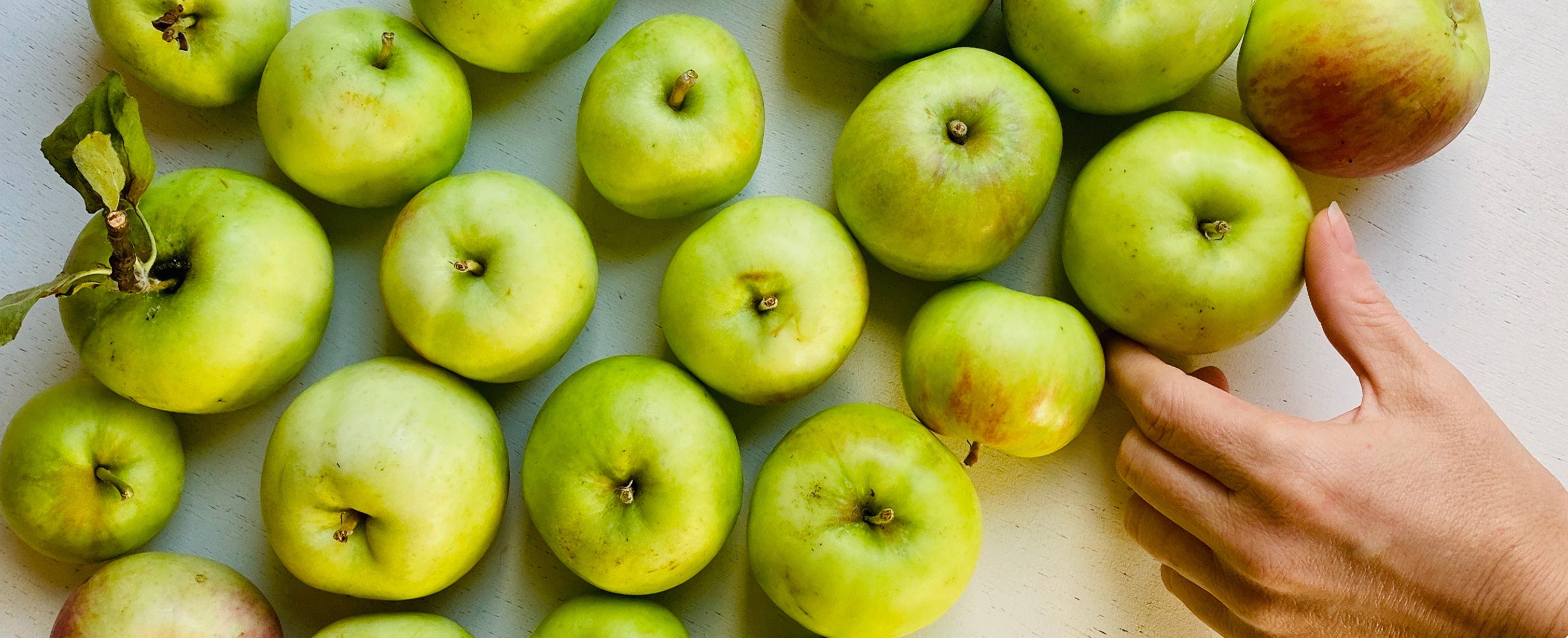
It's a wonderful thing when recipes come together, just like that (imagine the clicking of fingers there please). It's also a wonderful thing when you've fresh vegetables growing in your temporary island backyard, begging to be picked and devoured. Oh I wish I could take this backyard back with me to Melbourne.
I've not featured tofu on this site previously because if truth be known, I've been shy of including too much soy in my diet. However as it appears my diet is becoming far more heavily plant based, tofu and tempeh are taking a more regular place on my weekly menu, in the interest of ensuring quality protein intake. Great substitutes for soy tofu include chickpea and fava bean tofu. You can of course wack in any veggies you see fit in the recipe below. Red capsicum and zucchini come to mind as good additions.
A word on tofu:
1. Our wholefood manifesto.
At the end of the day, tofu is still a processed food, some merely of better quality than others. Many types of tofu, especially those "mock meats," really are similar in quality to processed deli meats; polony and sausages aren't the best choices when it comes to meat, so keep this in mind when making choices for protein in non meat sources too. Fermented tofu, known as tempeh, is a really good choice. In fact fermented soy is always a better alternative if you are to be eating soy products on an ongoing basis (think miso and tamari). I would always choose organic and non GMO.
2. The hormonal evidence.
A contentious debate exists regarding the implications of soy products on hormones, and many studies exist.
I read one study that indicates soy is problematic for boys during puberty, another that states it could be beneficial for aiding the symptoms of menopause. More widely reported is that soy may affect fertility. Typing 'soy health benefits ' or otherwise into google returns much conflicting information, and so I suggest doing your own research based on the most accurate and informed source out. Those with known thyroid function issues may consider avoiding soy regardless.
I often use Vitasearch to check things out, or talk to my nutritionist and practitioners in my health team. I encourage you to research far and wide and draw conclusions with a discerning and critical eye for yourself. My personal view on tofu is moderation. I will comfortably have a couple of soy based meals a week but I will not be reliant on it for a plant protein source.
Serves 1
Appx 100g tofu (I prefer firm, though silken also fine)
1 (very) huge handful english or baby spinach
1/2 cup sliced mushrooms
1 handful fresh or frozen peas
1 handful of fresh young broad beans
1 handful of snow peas, sliced
1 handful coriander and/or basil, torn
1 small handful fresh parsley, torn
1/3 onion, finely sliced
1 garlic clove, minced
1/2 long red chilli, diced
1 heaped teaspoon fresh ginger, grated
1 teaspoon grated fresh turmeric (or 1/2 teaspoon powder)
1/2 teaspoon ground cumin
Sea salt to taste
Ground pepper to taste
Lemon to serve
Coconut oil, for frying
Heat a frying pan on low-medium heat. Add a heaped teaspoon coconut oil.
Saute the onion and garlic for a couple of minutes or until the onion starts to soften. Add the ginger, chilli and turmeric and saute for another couple of minutes before adding the cumin. Throw in the mushrooms, peas, broad beans and snow peas and saute until the mushies start to soften. Then, crumble your tofu into the pan, leaving a few decent sized chunks. Throw in the spinach and parsley and combine, stirring occasionally until the spinach is wilted. Season to taste.
Serve as is or on gluten free toast with a crack or two of pepper and a squeeze of lemon.
So I'm keen to know, what is your opinion on soy and it's inclusion in your diet?


